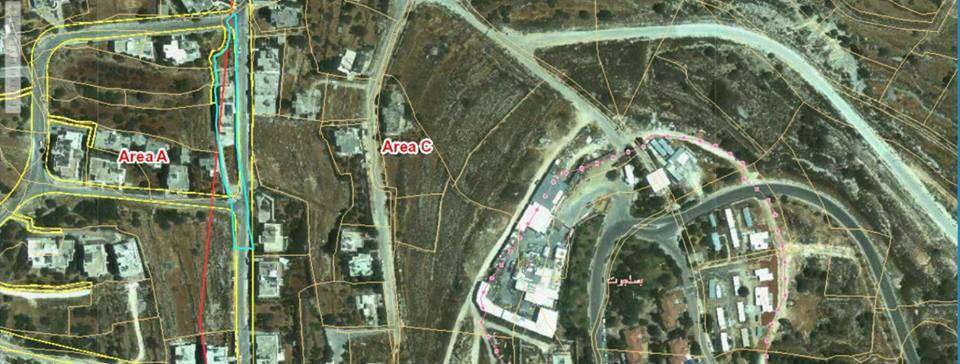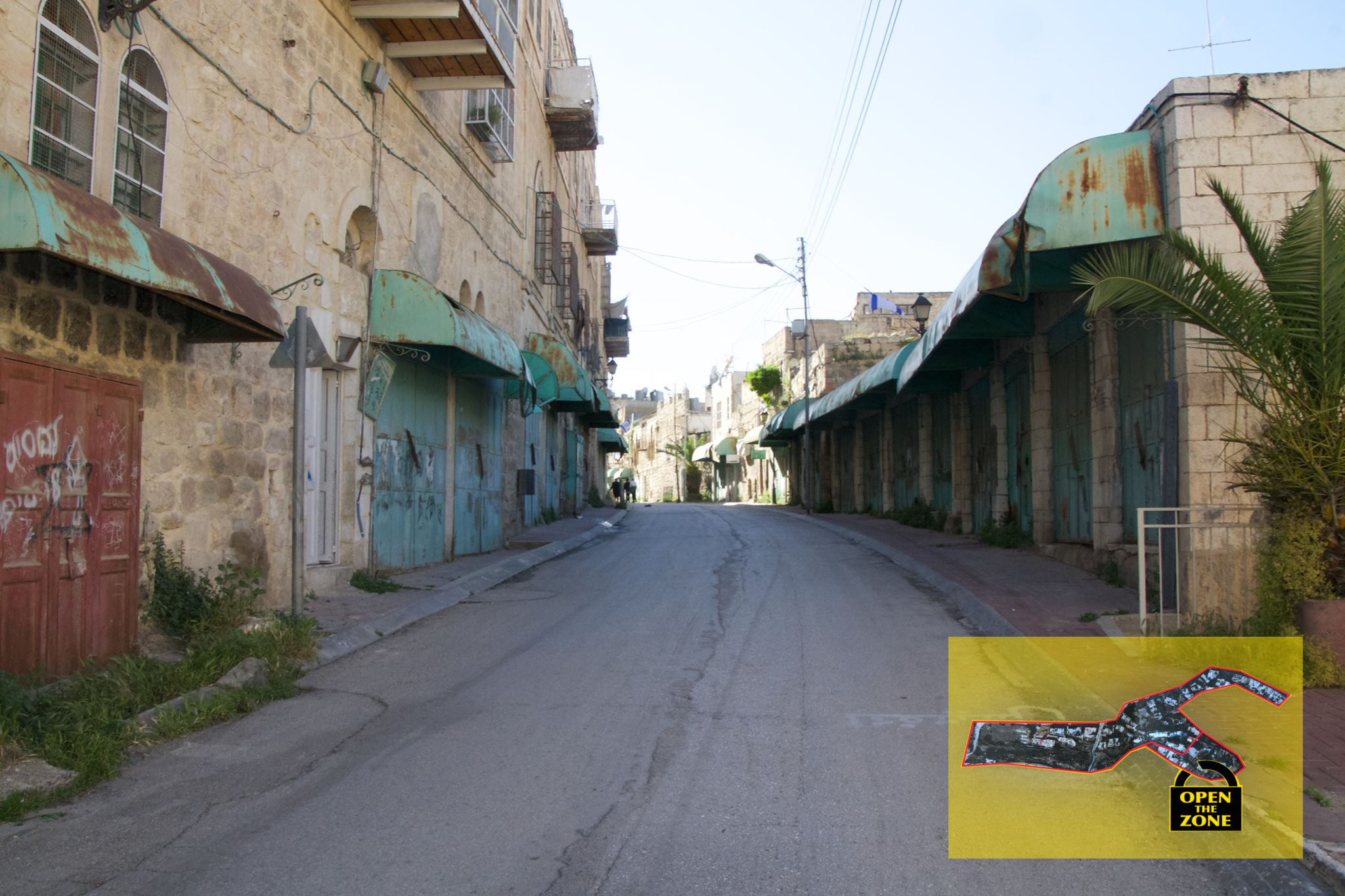Tag: Collective punishment
-

Israeli forces threaten Palestinian families with house demolitions
7th April 2017 | International Solidarity Movement, Ramallah team | al-Bireh, occupied Palestine On 5th April, 2017, Israeli forces told Abbas Qar’an and his family that their home in al-Bireh was going to be demolished. The homes of two other anti-occupation activists in the area recieved similar threats. ISM activists met with Abbas, the son of…
-

After a good day comes a bad day
8th December 2016 | International Solidarity Movement, al-Khalil team | Hebron, occupied Palestine On 7th December 2016, Israeli forces at Shuhada checkpoint in occupied al-Khalil (Hebron) detained a group of teachers from nearby Qurtuba school, and then in collective punishment closed the checkpoint to everyone. Just after the teachers were finally allowed to reach their…
-

Imprisoned life: the feeling of a ‘closed military zone’
30th October 2016 | International Solidarity Movement, al-Khalil team | Hebron, occupied Palestine ‘Closed military zone’ – a sterile term for an act of deliberate apartheid policies and dehumanisation with the clear and deliberate target of forcibly displacing Palestinian civilians: women, children, elderly, anyone that is Palestinian, from the Tel Rumeida and Shuhada Street neighborhood…
